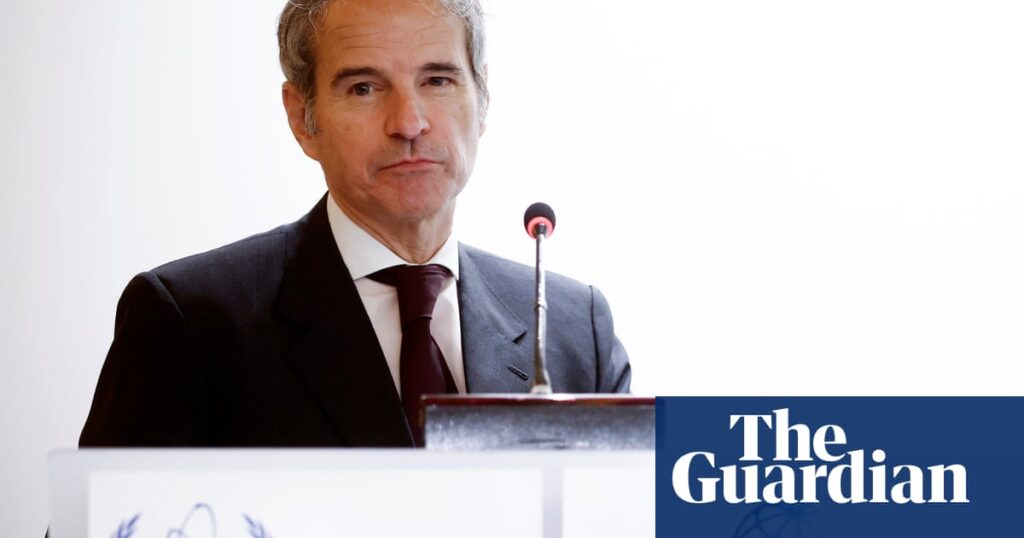
The International Atomic Energy Agency (IAEA) chief, Rafael Grossi, has revealed that Iran could potentially resume the production of enriched uranium within months. This assertion comes despite significant damage inflicted on several Iranian nuclear facilities as a result of recent military actions by the United States and Israel. Grossi’s comments were reported by CBS News on Saturday.
On June 13, Israel initiated a bombing campaign targeting Iranian nuclear and military sites, claiming the strikes were necessary to prevent Iran from developing nuclear weapons—a claim Iran has consistently denied. Following Israel’s actions, the United States conducted airstrikes on three key facilities integral to Tehran’s atomic program.
Impact of the Attacks and Iran’s Response
Iran’s Foreign Minister, Abbas Araghchi, described the damage to the nuclear sites as “serious,” though specific details remain undisclosed. Former U.S. President Donald Trump asserted that the attacks had set back Iran’s nuclear ambitions by “decades.” However, Grossi noted that some infrastructure remains intact.
“They can have, you know, in a matter of months, I would say, a few cascades of centrifuges spinning and producing enriched uranium, or less than that,” Grossi stated, according to a transcript released on Saturday.
A critical issue is whether Iran managed to relocate any of its estimated 408.6kg (900lbs) stockpile of highly enriched uranium before the attacks. This uranium is enriched to 60%, which is above civilian usage levels but still below weapons-grade. If further refined, this material could theoretically produce more than nine nuclear bombs.
Current Status and International Concerns
Grossi admitted uncertainty about the current location of the uranium stockpile. “We don’t know where this material could be,” Grossi told CBS. “So some could have been destroyed as part of the attack, but some could have been moved. So there has to be at some point a clarification.”
In response to the attacks and ongoing international scrutiny, Iranian lawmakers have voted to suspend cooperation with the IAEA. Tehran has also denied Grossi’s request to visit the damaged sites, including Fordow, the main uranium enrichment facility.
“We need to be in a position to ascertain, to confirm what is there, and where is it and what happened,” Grossi emphasized.
International Reactions and Future Implications
In a separate interview with Fox News, Trump expressed skepticism about the movement of the stockpile. “It’s a very hard thing to do plus we didn’t give much notice,” he said. “They didn’t move anything.”
Meanwhile, U.S. Secretary of State Marco Rubio reiterated Washington’s support for the IAEA’s verification and monitoring efforts in Iran, praising Grossi and his agency for their “dedication and professionalism.”
The full interview with Grossi is set to air on CBS’s Face the Nation with Margaret Brennan on Sunday, potentially offering further insights into the evolving situation.
Historical Context and Expert Opinions
The current tensions between Iran and Western nations echo past conflicts over nuclear capabilities. Historically, Iran’s nuclear program has been a focal point of international diplomacy and sanctions. The recent attacks have intensified these tensions, raising questions about the future of nuclear non-proliferation efforts in the region.
Experts suggest that the international community must navigate these developments carefully to avoid further escalation. The IAEA’s role in monitoring and verification remains crucial, as does diplomatic engagement to ensure regional stability.
As the situation unfolds, the world watches closely, aware that the implications of Iran’s nuclear capabilities extend far beyond its borders. The coming months will be critical in determining the trajectory of Iran’s nuclear program and the international response.




